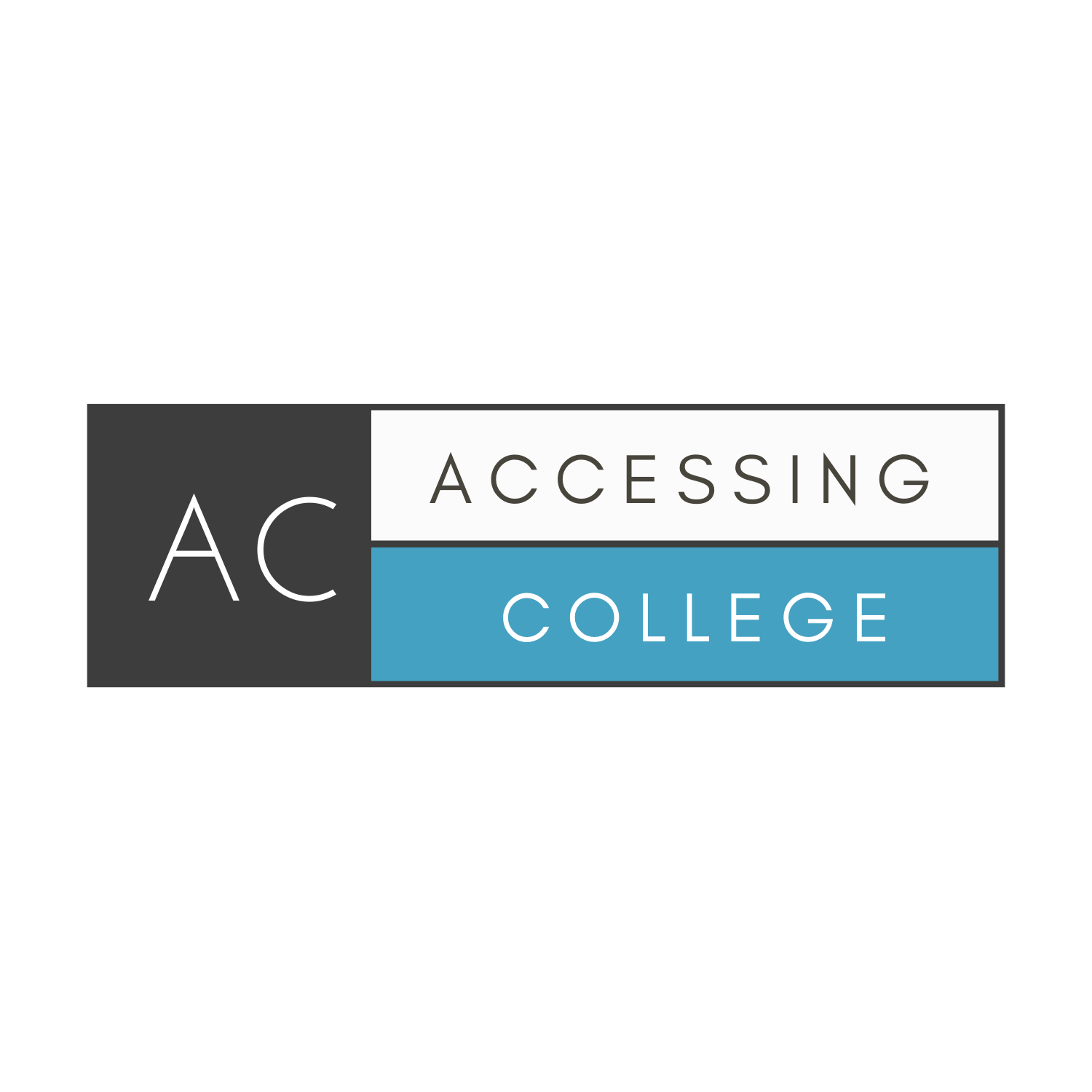When a student with a disability is seeking college disability accommodations or contemplating seeking college disability accommodations, it’s not an easy decision for some. Statistics indicate that at least 20% of the student body has a disability. That’s every college. Yet, most who would qualify do not seek help or accommodations for a disability. Doing college without help or accommodations is not recommended. Yet, maximizing the opportunity to be successful in college will take the right help and the right accommodation for that student. If that occurs, the chance that college could be something drastically different, just got greater.
Why some do not seek college disability accommodations.
There are many reasons disabled students don’t request accommodations. I’ll address the most frequent ones. First, some students who know they have a disability don’t know they can ask for accommodations. This is most frequently seen in those with mental health issues. They just are not aware that they can request accommodations. That’s a tragic reality.
A simple lack of information could change everything. However, it is understandable. A student who is unaware may also be trying to focus on maintaining their health or just keeping things from getting worse. It’s a hard ask to seek help when the issues take up most of your time a focus.
Second, some students who know they have a disability just don’t want a disability to be part of their identity any longer. I would often hear students tell me that they just wanted to be like every other student. I get it. There is a stigma that some students feel and experience. In my opinion, most of the stigma is self-imposed.
Let me explain. Students with disabilities often feel self-conscious about their disability most frequently due to perceiving that others are aware of the disability and are judging the disabled student negatively. Most of the time this is not the truth but is perceived to be true. Granted, there may have been some awkward moments where a peer had asked about why the disabled student left class or had to stay after school, or didn’t take the test in the class.
This is not the case in college. However, the disabled student does not want a repeat of those moments. The fear that it could occur is enough to keep them away from asking for accommodations.
Third, some disabled students are unsure of what they need and are hesitant to ask for what they need. Think of it like this. Let’s say the student has an illness and needs to go to the doctor. The student makes the appointment and attends. However, when the doctor asks the student to describe the issue, the student has a tough time explaining it. The doctor doesn’t know what to do and tries to understand but ultimately leaves the student without any answers. How would that student feel? Frustrated and self-conscious and not want to go back. The chances of that student asking for help again for the same issue is minimal.

The consequences of not having what you need.
As I wrote in another blog post, Not asking for Accommodations? Read this First, there are several consequences that occur when a disabled student does not have the accommodations they need. You can read the article by clicking the blue title above.
” When I was a college accessibility coordinator, it would be expected for some students to request accommodations either in October or early in the spring semester of their first year. Other outliers waited longer, two years or more in extreme cases. All that time, they did not have what they needed.
The consequences were often severe: elevated levels of stress, poor grades, academic probation, prohibited from participating in sports (if an athlete), needing to improve their GPA, loss of scholarships, not getting into a competitive major, and more.” This can break a college career and future goals become unattainable. However, it can be avoided.
More consequences of not having disability accommodations
Imagine not having college disability accommodations and attempting to do four to five classes with all the homework, papers, presentations, and class time while feeling elevated levels of stress and anxiety. Now, add on an underlying mental health issue like depression or anxiety, add on a learning disability, or add both because learning disabilities are often comorbid with mental health issues. What do you think is going to occur to those symptoms and underlying conditions in an environment where stress and a prominent level of work is consistent? They get worse.
Now, ask yourself what happens to the quality of the homework, presentations, papers, and tests. How does it affect memory and recall? How much time is spent attempting to manage symptoms? How much of that time could have been spent on studying? How do the increases in symptoms affect sleep, social life, work-study, or even athletics? It’s not a pretty picture, but it does not have to be that way.
It’s not meant to scare you. It’s meant to give an accurate picture of what happens or could happen if students don’t get what they need.
What happens when you get what you need, and you use college disability accommodations?
It all starts with self-awareness. Self-awareness is the focus of my book, Self-advocacy for Higher Education: A Step-by-Step Guide to Preparing to Request Accommodations in College. In the above-mentioned scenario, realistic but hypothetical, it‘s not difficult for a student in the situation to not be aware that there is an issue that needs to be addressed.
Asking for help is the main road by which the issues get resolved. In this case, it is asking for accommodations. Asking for accommodations and moving through the process of getting accommodations approved can be cumbersome but worth the effort, time, and sometimes frustration.
A different Perspective
Let me paint the alternate picture of the same scenario but getting an accommodation that works and is effective while experiencing all the same emotions. All it takes is the right accommodation for you for the game to change.
Imagine you’re struggling, stressed, trying to do all the work and it feels like walking through quicksand every day. You realize that you need help. You’re not even sure what accommodation may work but you know accommodations may help. You start the request process, gather the documentation, and meet with the accessibility staff. In that meeting, you describe what you’re experiencing and how it’s affecting you, your classes, homework, and tests.
The accessibility staff helps you figure out that a test accommodation is the most helpful and appropriate accommodation. In addition, the staff refers you to academic coaching to help you organize your assignments and structure your time.
A Better Way
How would you feel now having a direction, support, and an accommodation(s) that now makes testing better for you? Relief, hope, less stress, all of them? You may even feel the same as before, but something is better. You can start to concentrate more, the focus is better, your sleep is better, and your mood has fewer fluctuations, yet you are still stressed. You try out the test accommodation and you do better than the previous test. Not everything is raining rainbows and candy, but you start to feel that you can make it and do well.
I’ve seen this firsthand. Not every situation ends like this, but many do. The main difference is getting help sooner. Regardless, even if the semester is unsalvageable realistically, I’ve advised many students to accept it and try something new and different. “You have nothing to lose and everything to prove to yourself,” I’ll say. When they do and have an accommodation that works for them, they prove to themselves that success is possible. That is something they did not have prior.
Conclusion
Every single student that has taken my advice, had an accommodation that works, and made minor changes, has given themselves the gift of knowing they can succeed. The ones that made changes and used the accommodation sooner have had better results. However, all of them learned something they can never unlearn. Success can happen if you get help, have an accommodation that works, and do your part to study. All it takes is asking for it.
One question, one decision, and one college disability accommodation can change everything. It may not take all the stress and anxiety away, but the situation becomes much more tolerable and easier to manage and cope with. That can make the difference between success and remaining in college, or not.
I wish you nothing but the best in your college career. If I or one of my products or courses can assist with that, just decide, and make it happen.




